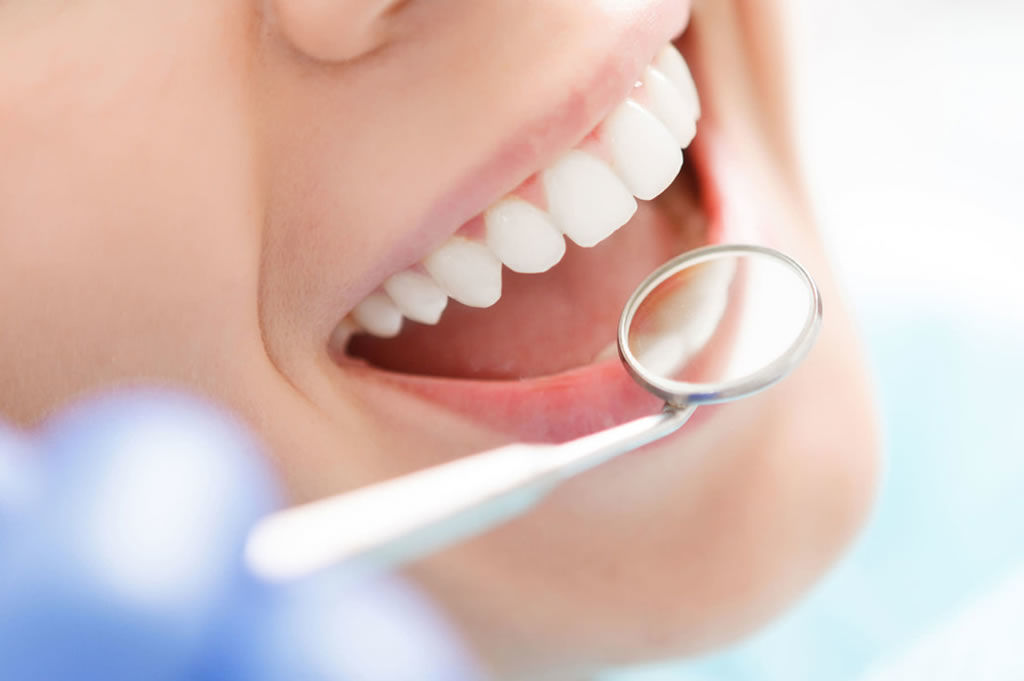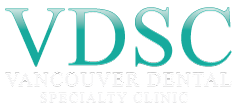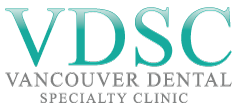Our specialists will perform an oral examination and take an x-ray of your mouth in order to evaluate the position of your wisdom teeth and identify any current issues that need to be addressed. This will also allow us to forecast potential for future problems so that they can be dealt with before they escalate. Early identification and subsequent treatment have proven to be much more beneficial for a patient, when compared to those who wait. This is why it is highly recommended that you receive your first wisdom teeth evaluation in the mid-teenage year by a specialist such as an orthodontist or maxillofacial surgeon.

Many households neglect to request this early evaluation for their teenager (or themselves for that matter) out of fear of a diagnosis which may call for extraction. But when caught early, wisdom teeth removal can go much smoother than when one waits until the pain sends them to the clinic out of immediate necessity. All outpatient surgery is performed under appropriate anesthesia to maximize patient comfort. Our doctors are trained, licensed, and highly experienced in wisdom tooth extraction.
Call Vancouver Dental Specialty Clinic at 604-336-0958 with questions or to schedule your wisdom teeth consultation. Below, we have taken the liberty of answering common questions about wisdom teeth removal.
Oral Surgery as a Solution to Common Ailments
While oral surgery is used to treat a wide variety of ailments, diseases, defects, and injuries in the mouth, neck, jaw, and face, our Vancouver clinic sees many patients who come to us for the
following common conditions:
If you do not have enough space in your mouth for third molars to fully erupt, a number of issues can arise. Impacted wisdom teeth is the driving force for removal, a procedure that must be attended to before their root structure is fully developed. Impacted wisdom teeth can occur in pre-teen or early teenage years, but is also evident all the way through to the mid-twenties. Without early evaluation and extraction (when needed), problems are compounded after the age of 30. Some of the possible dental ailments related to not removing your wisdom teeth include:
- Infection - A localized gum infection, known as pericoronitis, can occur when impacted wisdom teeth are neglected. Without adequate space for full eruption, gum tissue surrounding wisdom teeth can become irritated and infected, causing reoccurring pain, swelling, and can make normal dental functions such as chewing a laborious and at-times excruciating process. This ailment alone calls for everyone to receive an evolution as soon as possible.
- Formation of Cysts - Impacted wisdom teeth can also lead to the formation of cysts, which are fluid-filled lumps inside of the jaw bone that often develop without early prognosis and follow-up treatment. Cysts are not only uncomfortable and painful, they expand with time, and destroy adjacent jaw bone or even teeth. In some cases, tumors can form when one delays wisdom teeth extraction. Again, you can see the necessity of receiving an early wisdom teeth evaluation.
- Crowding of Teeth - Impacted wisdom teeth can also ruin your smile. When wisdom teeth don’t have they space they demand to erupt, they will attempt to force their way to the surface, and can essentially push the teeth in their way forward, crowding your lower front teeth. This is not only aesthetically concerning, it can lead to further damage to your gums,jaw bone, and adjacent teeth. Keep reading.
- Damage to Adjacent Teeth - Not only will neighboring teeth (second molars) face the brunt of the pressure applied by impacted wisdom teeth, they will not be afforded the space they need for proper dental hygiene. This can equate gum disease, tooth decay, and bone loss in the jaw.
This is not a procedure that you want to put off. As wisdom teeth mature, their roots grow longer while your jaw bone becomes more dense. Therefore, when you wait until your 30’s, 40’s or longer, the more complex the procedure becomes and the greater the likelihood for complications. And like with any form of surgery, the healing period will be much longer than when compared to those who have had their wisdom teeth removed at an early age.
That being said, it’s certainly not too late to have a successful wisdom tooth extraction. But it does become all that more essential to find a clinic with a team specialized in safe and advanced techniques for wisdom tooth removal. There’s no point in kicking yourself for not attending to your wisdom teeth earlier in life. But definitely don’t wait to put it off any longer.
Most patients prefer to be sedated during the procedure, and thus all outpatient surgery is performed under appropriate anesthesia to maximize comfort. Our specialized surgical teamprovides a safe and caring environment, while utilizing advanced monitoring technologies to promote rapid healing and minimal post-operative discomfort. State of the art sterilization and infection control techniques are used at all times. Vancouver Dental Specialty Clinic equipment and facilities are inspected on behalf of the Board of Dental Examiners on a regular basis toensure you receive the best care possible.
Because you’ll be coming out of anesthesia and taking medications to help mitigate postoperative pain and swelling, you will need responsible adult to accompany you to the office, and be there before as you come out of your procedure. It is also essential that they stay with you through the remainder of the day. On average, the procedure takes anywhere between 30 and60 minutes, but plan to be at the clinic for at least 90 minutes.
While Vancouver Dental Speciality Clinic’s expert touch and application of advanced technology will minimize the potential for post-operative pain and swelling traditionally associated with wisdom teeth extraction, you will experience some swelling and discomfort through the remainder of your day. You may be provided you with a prescription for pain medication and will be asked about a convenient time (for you) to return for a consultation appointment. All of this can be completed in advance so that you can return to the comforts of home after your procedure.
If your surgery requires stitches, they will typically dissolve in 3 to 5 days. It’s common to feel as if your gums are pulling away fro your teeth for days after the procedure, and swelling can be intermittent throughout. Remember, local anesthesia may last up to 24 hours, so don’t be alarmed with numbness persists over the short period. While we may provide you with a prescription for pain medication, it’s a good idea to try non-narcotic anti-inflammatory alternatives such as ibuprofen (Advil®) first. If that doesn’t do the job, then you may begin the prescribed pain medication.
We recommend starting your post-operative diet with clear liquids such as gelatin and soup broth, gradually increasing in substance (i.e. nutrition shakes) through the week, and slowly introducing solids as your body and comfort permits.
Caution: If you are given antibiotics and you take birth control pills, please be aware that the birth control pills might become ineffective and take appropriate precautions.
The final fee for your procedure is contingent upon a number of factors. These may include the difficulty involved in removing your teeth and which type of anesthesia is best for you. During your consultation appointment, the surgeon will review your x-rays, complete the evaluation, and determine the best option for anesthesia, before an accurate estimate can be provided. Every insurance company has a unique policy regarding the extent of coverage for a given surgical procedure. The office staff at Vancouver Dental Speciality Clinic will help you obtain maximum insurance coverage for your treatment.
Don’t hesitate to call! We provide the most effective yet comforting experience possible, and that begins from the moment you consult with our clinic. We’re hear to answer your questions. Simply call 604-336-0958 to speak to one of our patient care coordinators.



